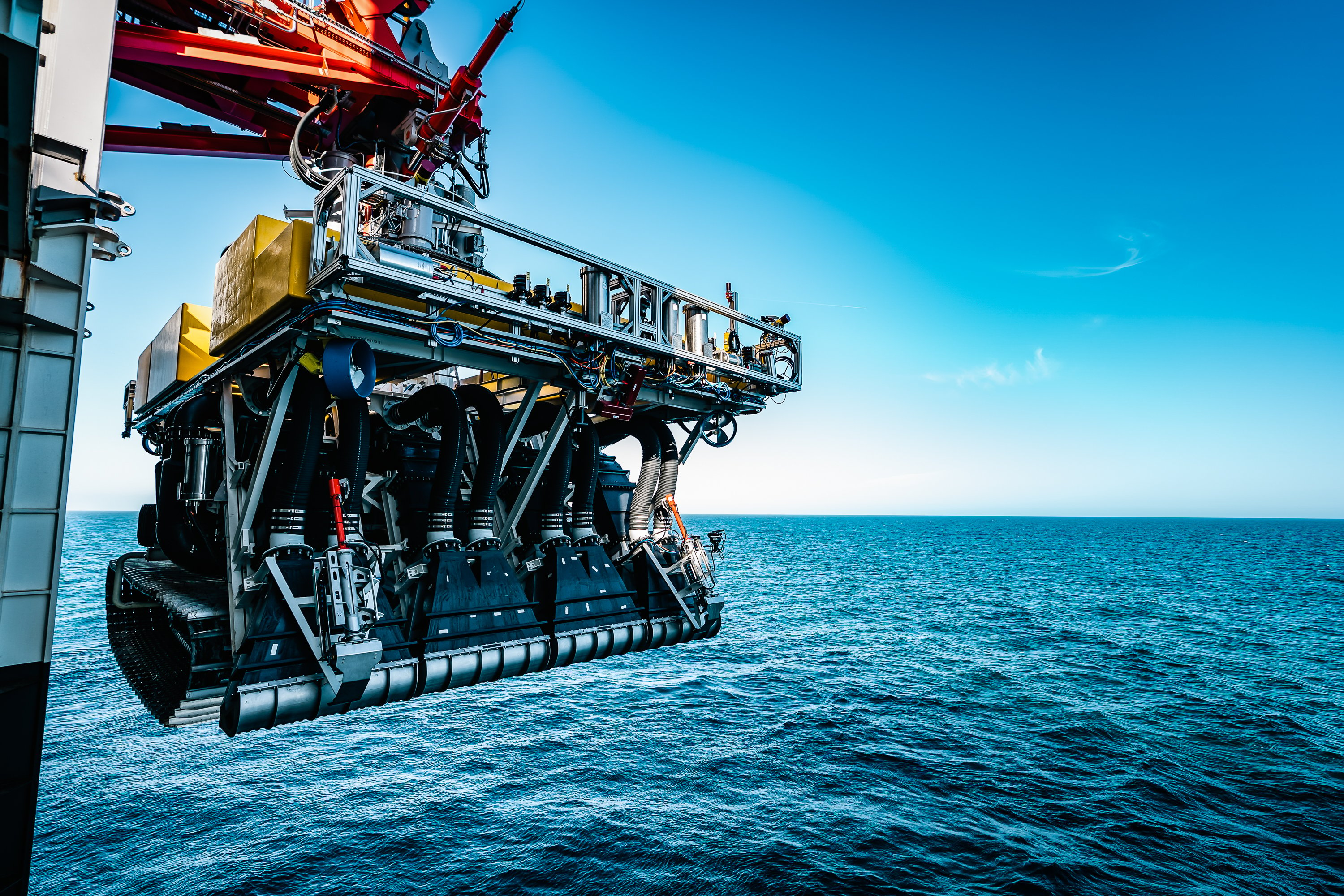The coal industry is in the news these days, not least because Donald Trump recently issued an executive order that appears to support the business. That, plus recent upswings in coal prices have fueled hope that the sector is set for a significant rebound.
Justified or not, that optimism is providing an interesting opportunity for Warrior Met Coal to enter the public markets. The specialty producer is about to debut on the stock exchange following its IPO. Let's crank up the furnace and see what's cooking with the company.

Image source: Warrier Met Coal.
Walter becomes a Warrior
Warrior Met Coal's specialty is metallurgical (aka coking) coal, hence its name. Metallurgical coal is used to make coke, the carbon-rich raw material utilized in traditional steel production.
The company is essentially the successor of the bankrupt Walter Energy; creditors effectively took control of its core assets to form Warrior Met Coal. As a result, entities associated with big investment managers own most of the present-day company. These include affiliates of Apollo Global Management, Blackstone, and KKR.
Warrior Met Coal operates a pair of its predecessor's mines. The two facilities, both located in Alabama, have a combined production capacity of around 7.3 million metric tons of met coal; total reserves are estimated at nearly 108 million metric tons. Warrior Met Coal also has an undeveloped mine with estimated reserves of roughly 103 million metric tons. As a side business, the company also extracts methane gas.
As a young company (it was formed in 2015), Warrior Met Coal doesn't have much operational history on its own. What it does provide indicates revenue of just under $298 million for the nine months ended Dec. 31, 2016, with a net loss of almost $50 million.
The company's predecessor, basically the assets it acquired from Walter Energy, booked revenue of almost $545 million and a bottom-line loss of nearly $311 million in 2015.
This Fool's take
At first glance, now is a fine time to be in the met coal business. On the back of increased imports from China and a sudden, weather-related constriction in exports from the No. 1 met coal market, Australia, the price of the commodity has ballooned lately. Earlier this month it topped $300 per metric ton, more than three times its price at the same time last year.
But the Australian slowdown is only a blip, and the Chinese market isn't the bright shining future for Warrior Met Coal's key product.
Met coal is used in traditional steel making, i.e. in old-fashioned blast furnaces. These facilities are expensive to build, and once built they are costly to maintain and run.
Meanwhile, the far less capital-intensive electric arc furnaces have been all the rage in the global steel industry for years now. On the production side EAFs don't require coke at all for their operation; they use electricity to melt down scrap steel in order to make new product.
The U.S. steel industry caught the EAF bug years ago. Recent data indicates that nearly two-thirds of American production derives from these facilities. Meanwhile, the last blast furnace built in the country was completed in the 1960s. A similar drive toward EAF production is playing out in Europe.
Although there are still a great many blast furnaces in China, they'll probably go the way of the Dodo bird too. In addition to their financial shortcomings, they produce an enormous amount of pollution compared to the average EAF. Since pollution is a major environmental issue in the country, EAFs are potentially a clever solution, while blast furnaces are an integral part of the problem.
Blast furnaces, in short, are yesterday's technology.
The market has cottoned on to this. The upswing in met coal prices hasn't been matched by improvement in the share prices of met coal stocks. Top met coal producer SunCoke Energy (SXC +2.71%) and its master limited partnership SunCoke Energy Partners (SXCP +0.00%) are both down by around 20% so far this year.
Peabody Energy -- which recently emerged from bankruptcy after being crushed by debt, itself a very worrying development -- has fallen by 17% since returning to the stock market.
SunCoke Energy (plus, by extension, SunCoke Partners), and Peabody Energy are veterans in the met coal space. If investors can't get excited about them in the face of a price spike, I doubt they'll be overly bullish on Warrior Met Coal.
The details
Just under 16.7 million shares of Warrior Met Coal will go on the market, with the IPO price ranging from $17 to $19 per share. The company will be listed on the New York Stock Exchange under the ticker symbol HCC. The first day of trading is scheduled for this Thursday, April 13.
It's important to note that the company will not gain any proceeds from the offering; instead, its selling shareholders (chiefly the Apollo Global, Blackstone, and KKR affiliates) will reap those monies.
The issue's underwriting syndicate is led by Credit Suisse, Citigroup, and Morgan Stanley.






